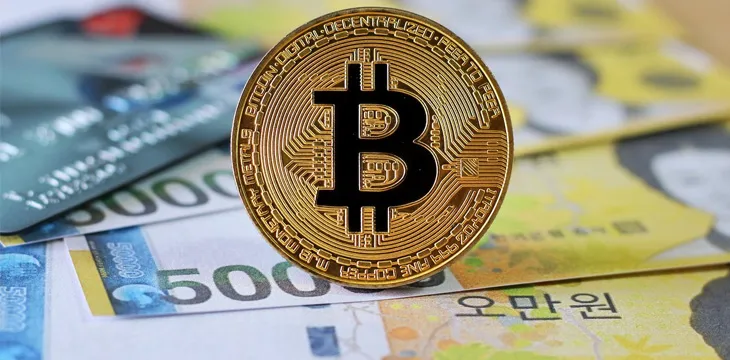|
Getting your Trinity Audio player ready...
|
The news caused users to withdraw their funds en masse from the exchange.
Upbit, South Korea’s largest cryptocurrency exchange—and the world’s fourth largest, has been invaded by investigators following accusations of falsifying balance sheets to deceive investors. “Upbit is currently under investigation by prosecutors and is cooperating,” the exchange wrote in a notice.
Ten investigators from the Financial Supervisory Service (FSS) arrived at their Seoul head office at 10am KST today, seizing computers and balance sheets, according to a report by Chosun.com. According to the report, Upbit allegedly listed cryptocurrencies that it did not have in its balance sheets. This has led to a panic and a subsequent wave of massive withdrawals from the exchange, and has been attributed as a cause for the recent drops in trading values.
South Korea houses a large percentage of the global market for cryptocurrencies—it ranks third in the whole world’s largest markets for bitcoin trades. In fact, demand for cryptocurrencies in the country is so high that exchanges charge a high premium for them—up to 30% higher than standard market prices.
This piles on to recent blows to the South Korean cryptocurrency industry. Just last month, the CEO and other executives of another popular South Korean exchange, Coinnest, were arrested for allegations of fraud and embezzlement. Kim Il-hwan has been accused of siphoning funds from customer trading accounts and funneling them into his own account.
The arrest followed shortly after the Korean government handed down regulatory guidelines for cryptocurrencies in the country and started auditing their activities. It was then that the Seoul Metropolitan Government Financial Investigation Division found out about the suspicious activity. As the South Korean government continues its investigations of other exchanges in the country, this list of irregularities from exchanges may get longer.
Apart from exchanges, the government is also cracking down on more obvious violations. Late last month, two men were also accused of running a pyramid scheme using fake virtual currencies.
But despite legal violations, South Korea remains open to blockchains and cryptocurrencies. Early this month, it was reported that the country’s central bank, the Bank of Korea (BOK) has been considering blockchain technology and cryptocurrency to replace its current financial system in favour of a cash-free society.

 07-06-2025
07-06-2025 





